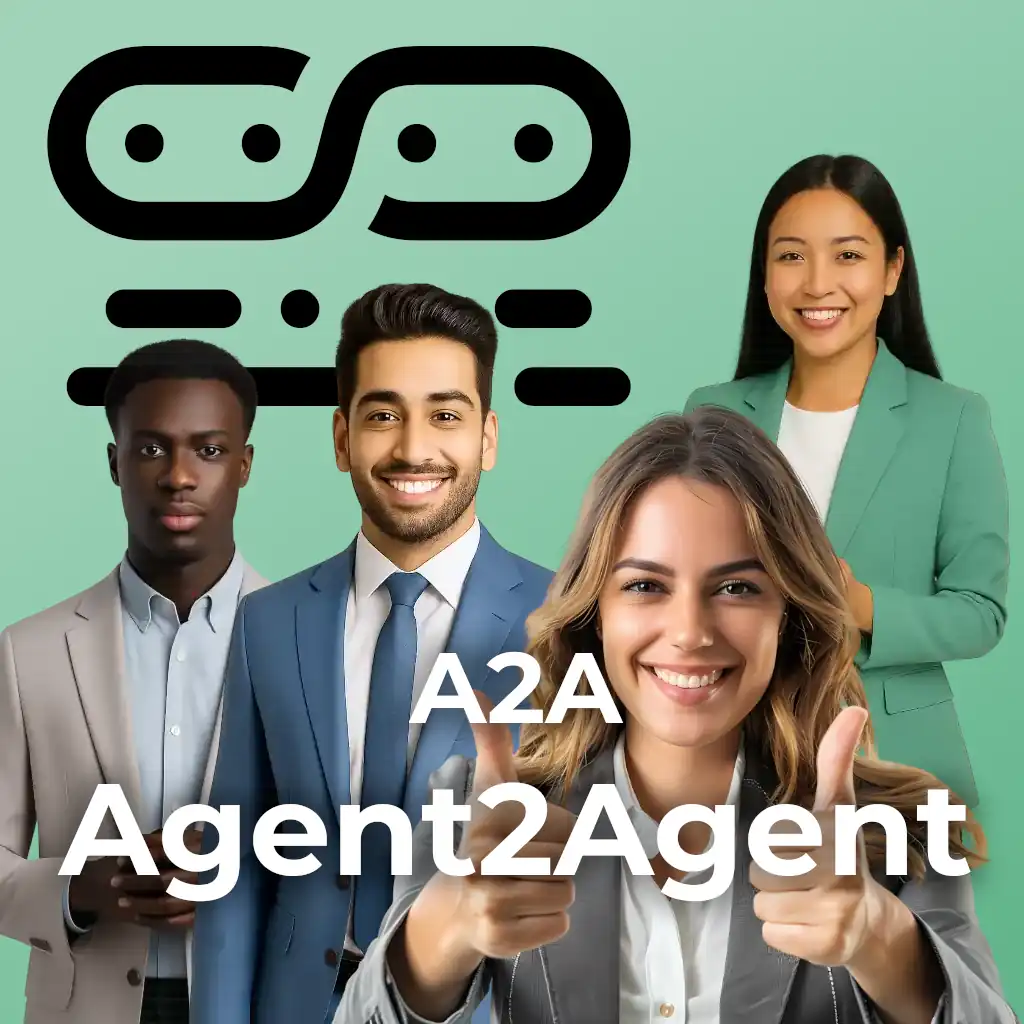Teaching Hotel AI: Policies vs. SOPs vs. Other Docs
Discover how our Knowledge Framework enables hotels to classify documents by purpose—Policies, SOPs, and Information—so AI assistants can resolve conflicts, foster role-specific excellence, and prepare for the future of autonomous, goal-aligned actions.

Operational Document Nuances
In hotel operations, documents aren’t all the same. Policies dictate what must be done to ensure compliance, SOPs guide how tasks should be performed, and other materials—like directories, menus, or training slides—exist to share information. As humans, we intuitively navigate these differences and prioritize the higher-authority document type when conflicts arise—whether it's a policy over an SOP or an SOP over a random document. For AI assistants to truly help, they need to understand these nuances too.
The Knowledge Framework
That’s why we’re introducing a knowledge framework to enable hotels to classify documents used by AI agents by purpose:
- Policy: Rules the human team and AI must prioritize and enforce for compliance.
- SOP: Task-specific guides the human team and AI follows step-by-step.
- Information (Other): General knowledge for reference or sharing.
Resolving Conflicts
Document classification empowers AI to help your teams resolve mixed signals. For instance, if an SOP contradicts a policy, your AI will prioritize the policy, reflecting the decision-making process of a well-trained team member.
Prioritizing Content Based on Originator
The knowledge framework also ranks content by its source authority: internal hotel documents take top priority, followed by information from appointed consultants, then industry best practices, web-sourced content, and finally, large language model (LLM) knowledge. This hierarchy ensures AI assistants rely on the most relevant and authoritative information for decision-making.
For example, if a best practice recommended by your appointed consultant conflicts with insights from a hotel school's student research study or a hospitality influencer's blog post, the AI assistant will prioritize the consultant’s expertise, ensuring decisions are guided by trusted, high-authority sources.
We will explore the classification by the author's relation to the hotel user in a separate article.
Role-Specific Excellence
This framework also fosters role-specific excellence. Imagine your Guest Relations Assistant seamlessly referencing the hotel directory to pitch personalized in-house services while ensuring GDPR compliance, guided by the Staff Assistant’s comprehensive understanding of hotel-wide policies.
A Path to Autonomy
While our AI assistants are capable of observing, reasoning, planning and acting, we’re not yet allowing them to make autonomous decisions. This deliberate approach ensures hotels can validate AI-driven actions against their goals and values. Knowledge Management lays the foundation for your AI to become a trusted operational partner, preparing it to act when your team is ready.
A Glimpse into the Future
Here’s where it gets exciting: Imagine a human-recommended package deal promotion that your AI Revenue Assistant proactively validates against applicable cancellation policies. Envision assistants analyzing guest complaints against your policies and SOPs to identify root causes and recommend improvements. Or imagine adapting corporate operating standards to meet property-specific needs—your AI balancing the mothership’s overarching goals with property-level customization.
Document organization is the first step toward a future where your AI assistants work seamlessly alongside your team, offering contextually aware and reliable support.
Ready to see the difference for yourself? Sign up today and start teaching your AI assistants with your own documents.

